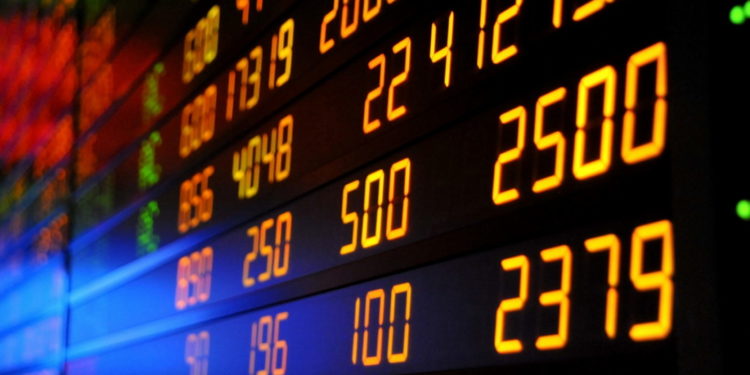Foreign investors return to Nigeria stocks as inflows quintuple
The improved inflows have contributed to a stable naira although the rising geo-political tensions which has led to a strengthening dollar is threatening to mute foreign inflows into Nigeria and emerging markets.
- Advertisement -


